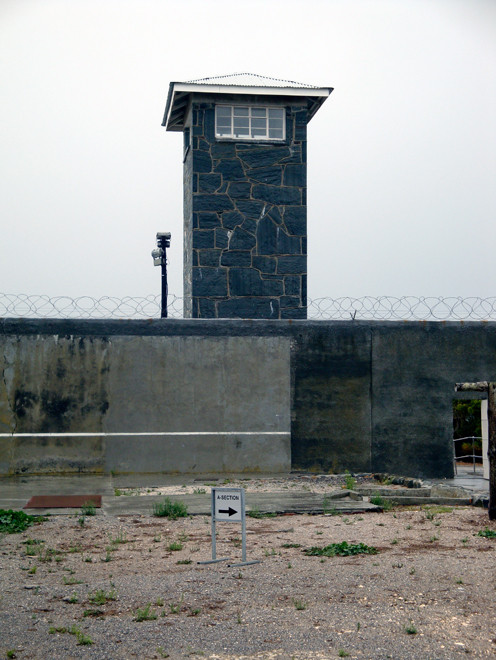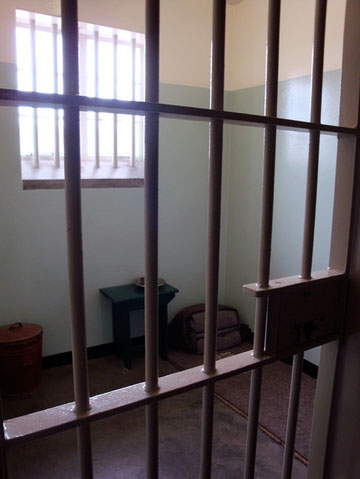The Fear

A Legacy of Violence
Welsh (History of South Africa, 2000 p.29) mentions early punishments at the Cape in the era of van Riebeeck (1652-62) where Dutch herdsmen show had allowed their cattle to be stolen were punished with a hundred blows with the butt-end of a musket (p.28) and after the introduction of slavery in 657two slaves ere sentenced to flogging, branding, cropping of their ears and labour in chain for life for stealing cabbages (p.49).
South Africa is a dangerous place, particularly if you are black. There is a very high rate of violent and sexual crime. You don't have to be a rocket scientist to work out why this might be.
For a start, since the outset of white settlement violence and the brutal repression and robbery of the indigenous population was an absolute tenet of the Cape Colony. This code of rapine was then systemised into the fanatical rules of the Apartheid regime. (There is a brilliant exposition of the fanatacism and bureaucratic horror of the Pass Laws in Athol Fugard's play, 'Sizwe Bansi is Dead'.)
These rules were backed up by implacable violence of the Apartheid regime both within South Africa and in those neighbouring countries involved in the struggle against Apartheid (see the brilliant novel, The Raw Man by George Makana Clark). Apartheid has been gone some twenty years but the systemised violence had been in place since 1652. And the recent massacre at the Marakana platinum mine suggests it still has institutional roots within the organs of the state, even if these are have been and are directed by successive ANC governments.
Add to this history of violence the staggering levels of inequality in South Africa - the second most unequal society in the world after Namibia. This inequality is in itself a form of violence that denies much of South African society the right to decent housing, access to water and sanitation, education, employment and safety. And it takes place in townships not a million miles away from the most opulent displays of consumerist wealth by the White minority and an increasing elite of black South Africans.
But understanding some of the cause of the levels of violent crime does not help so much about the way you feel. Even though on our visit we were shown the greatest friendliness by nearly all concerned.
These next pages explore some of these issues.

